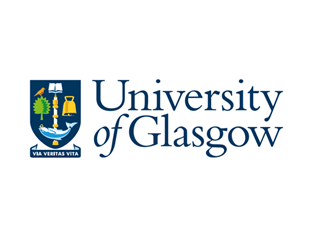A new digital mapping tool using citizen science and urban analytics to support improvements in deprived areas has been launched by the IDEAMAPS Network, with the platform being led by scientists from the University of Glasgow.
The IDEAMAPS Data Ecosystem platform, currently in beta, allows those living in deprived areas to directly improve the mapping of their own communities, as well as providing for exchanges of data between urban scientists and policymakers that could help overcome barriers in city planning, neighbourhood improvement, and ‘slum’ upgrading.
Using datasets generated through urban analytics models, and underpinned by AI, the platform will initially support targeted action to improve living conditions in areas of ‘unplanned urbanisation’, which often lack access to public water and sanitation infrastructure.
While exploring the datasets, local users can validate what they see by double clicking on grid cells, letting them change the data to more accurately reflect local realities.
Leading the project is Professor João Porto de Albuquerque, chair in Urban Analytics at Glasgow, and deputy director of the Urban Big Data Centre, who will work alongside researchers from the Universities of York, Lagos, and Twente, as well as from the African Population and Health Research Center and George Washington University in the US.
As part of the network’s mission, it hopes that the newly launched platform will allow community leaders and activists to gather data that increases visibility about local challenges and opportunities, help policymakers to understand the needs of communities within urban areas, and provide a foundation for future research to repair declining urban communities.
Professor Porto de Albuquerque said: “Grounded in methods of citizen science, our platform puts people at the centre of the digital technologies we develop.
“Co-designed with our stakeholders, our platform seeks user participation at each step in its development – aiming towards a definition of technologies that offers improved and appropriate information to support city planning and participatory ‘slum’ upgrading.”
According to the IDEAMAPS Network, an estimated 1.1 billion people live in deprived urban areas around the world, but there is little to no data about the specific living conditions in these communities, making it difficult for policymakers to implement targeted strategies for improvement.
Although the project is set to tackle the most extreme cases of urban deprivation in countries further afield, the combined use of citizen science and data analytics could prove to be a useful tool in tackling the problem closer to home too, with some areas of Scotland currently among the most deprived in Europe.
Source: DIGIT

